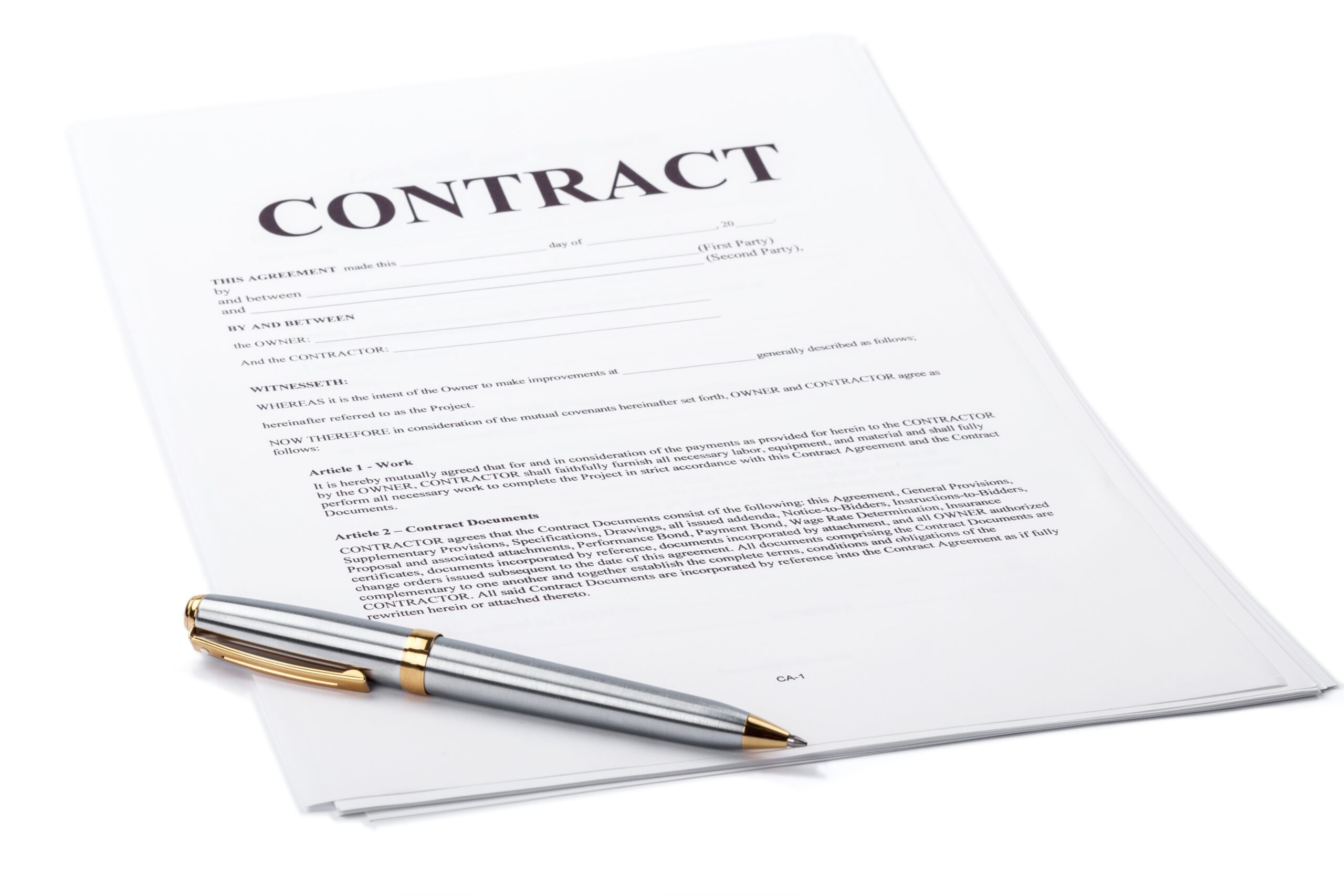Real property changes hands every day and people often agree to buy and sell without putting the terms in writing. It could be a handshake agreement between neighbors or a verbal agreement between friends. Everyone is satisfied with the terms and all that remains is exchanging money for a deed. When the call is made to an attorney to finalize the deal, however, the first question will probably be “do you have a contract?” Even if all parties agree to the terms, without a written contract the sale of real property is unenforceable. The reason for this is because of a legal doctrine called the Statute of Frauds.
The Statute of Frauds dates back to 1600s England but has been adopted into modern American law. In North Carolina, the Statute of Frauds requires any contract or agreement regarding the sale or transfer of real property or land to be in writing and signed by the party against whom the enforcement is sought. This means that if parties agree to buy or sale property, but that agreement is not in writing and signed, then there will be no recourse or remedy available if the terms are broken.
In order to be certain that everyone is protected in the transaction, it is incredibly important to have a contract that includes all of the required terms and is signed by all parties – this remains true even if the parties know each other well and have no reason to believe there will be any issues. If you are considering buying or selling land or a home and need a contract drafted, one of our attorneys would be happy to help!
Revolution Law Group is located in Greensboro, NC, and serves individuals and small businesses throughout the Triad and surrounding areas. To contact us please visit Revolution.law or call 336-333-7907.
The information included here is for informational purposes only, is not exhaustive of all considerations when creating documents, is not intended to be legal advice, and should not be relied upon for that purpose. We strongly recommend you consult with an attorney and do not attempt to create your own documents.

